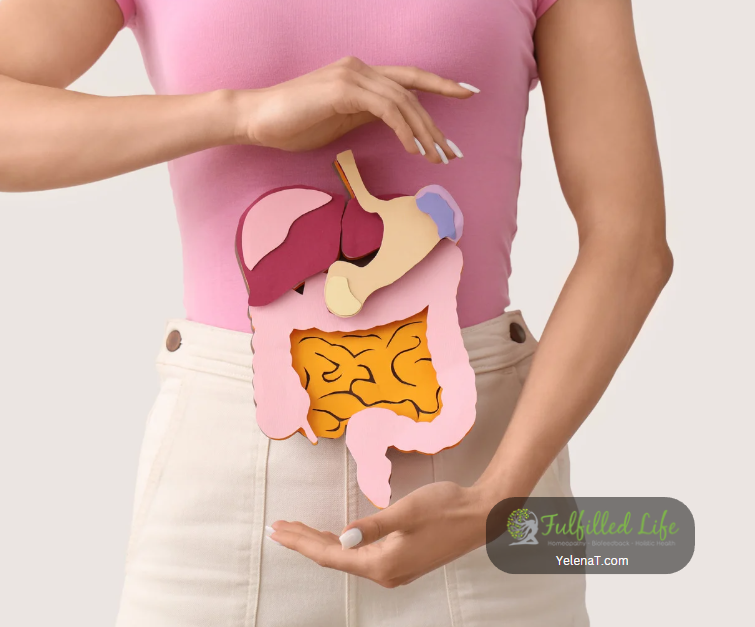When it comes to digestion, there are many myths and misconceptions that can lead to confusion and misinformation. Understanding the truth about digestive health is crucial for maintaining a healthy gut and overall well-being. Here are some common myths about digestion and the facts that debunk them.
Myth 1: Digestive Health is the Same for Everyone
Fact: Digestive health is highly individual. Each person’s digestive system is unique, and what is normal for one person may not be for another. Factors such as diet, lifestyle, genetics, and even stress levels can influence how well you digest food. While frequent symptoms of discomfort can indicate an issue, the type of bowel movement, frequency, and ease of the ‘go’ can vary significantly from person to person. It’s important to understand and listen to your own body’s signals rather than comparing them to others.
Myth 2: There’s a Universal Solution to Improve Digestive Health
Fact: There is no one-size-fits-all solution for improving digestive health. Numerous factors influence digestion, including environment, age, hydration status, and especially diet. What works for one person may not work for another. Additionally, it’s crucial to identify the root cause of any digestive issues to effectively address and improve gut health. Personalized approaches are more effective than generalized recommendations, as they cater to individual needs and circumstances.
Myth 3: To Relieve Constipation, You Need a Gut Cleanse
Fact: The idea that a gut cleanse is necessary to relieve constipation is a misconception. While your body does contain waste and bacteria that need to be expelled, excessive forcing out stools or using colon cleanses can be harmful. These cleanses can disrupt the natural balance of your gut microbiome, leading to negative effects such as dehydration, electrolyte imbalances, and even damage to the intestines. It’s also important to figure out the underlying cause of constipation. A balanced diet, adequate hydration, and regular physical activity are usually sufficient to maintain healthy digestion.
Myth 4: All Digestive Issues Require Medication
Fact: Not all digestive problems need medication for resolution. Many digestive issues can be managed or even resolved through lifestyle and dietary changes. For example, incorporating more fiber, drinking plenty of water, reducing stress, and getting regular exercise can significantly improve digestive health. Medications should be used when necessary and as prescribed by a healthcare professional, but they are not always the first line of defense.
Myth 5: You Should Have a Bowel Movement After Every Meal
Fact: While some people may experience bowel movements after every meal, it’s not a strict requirement for everyone. The normal frequency of bowel movements can range from three times a day to three times a week. What matters more is the consistency and comfort of your bowel movements. If you experience significant changes in your bowel habits or discomfort, it’s a good idea to consult with a healthcare provider.
Myth 6: Spicy Foods Cause Ulcers
Fact: Spicy foods do not cause ulcers. The primary cause of ulcers is an infection with Helicobacter pylori (H. pylori) bacteria, and long-term use of nonsteroidal anti-inflammatory drugs (NSAIDs). While spicy foods can aggravate symptoms in some people, they are not the root cause of ulcers. Managing stress, avoiding NSAIDs, and getting proper treatment for H. pylori infection are key to preventing ulcers.
Digestive health is a complex and personal aspect of overall well-being. Understanding the facts behind common myths can help you make informed decisions about your digestive health.
If you’ve tried various methods to improve your digestion and are still struggling, it may be time to seek professional advice. Book your complimentary consultation with me, and together we can discuss your digestion, health goals, and proactive steps to ensure a healthier, happier you.








